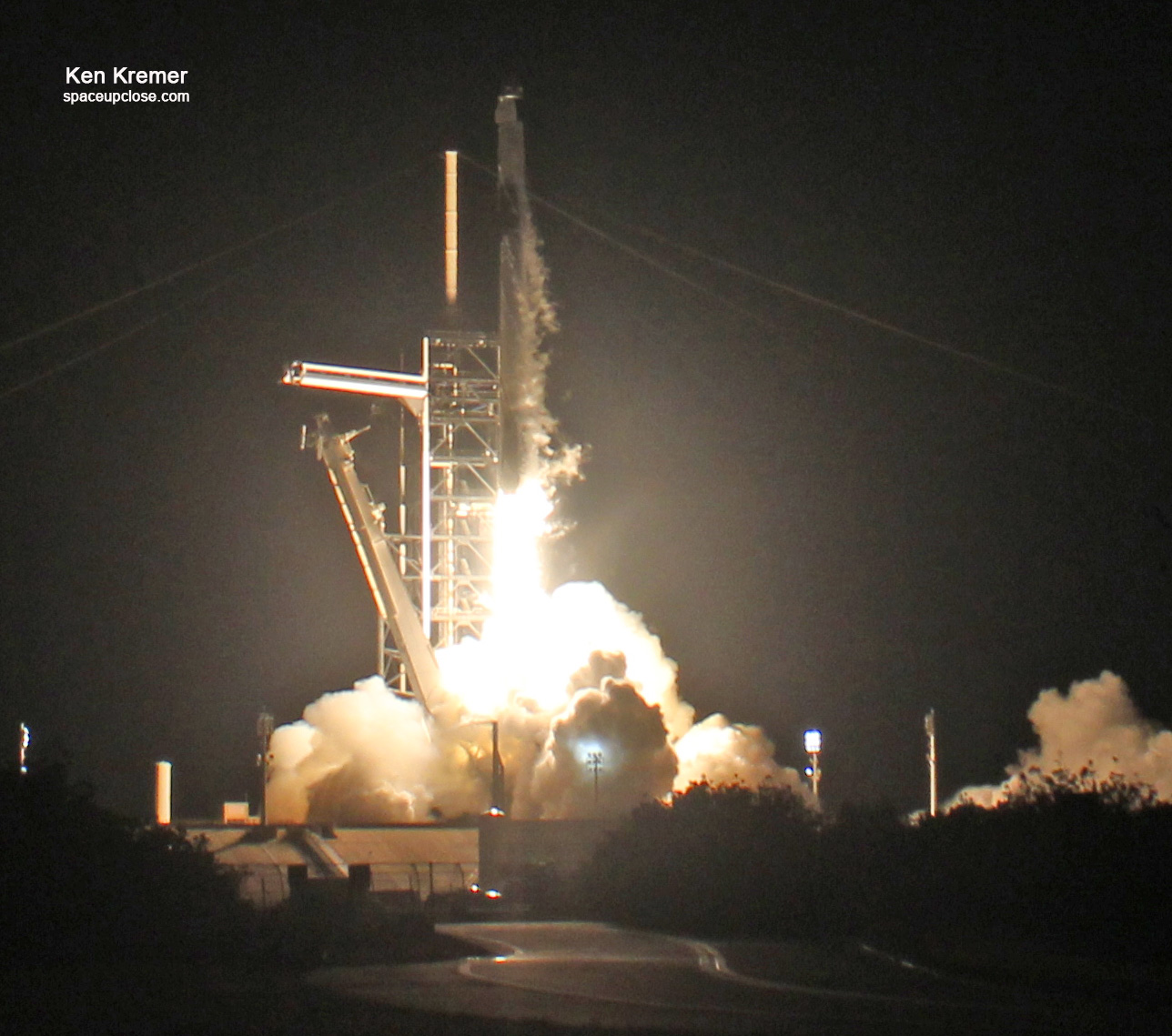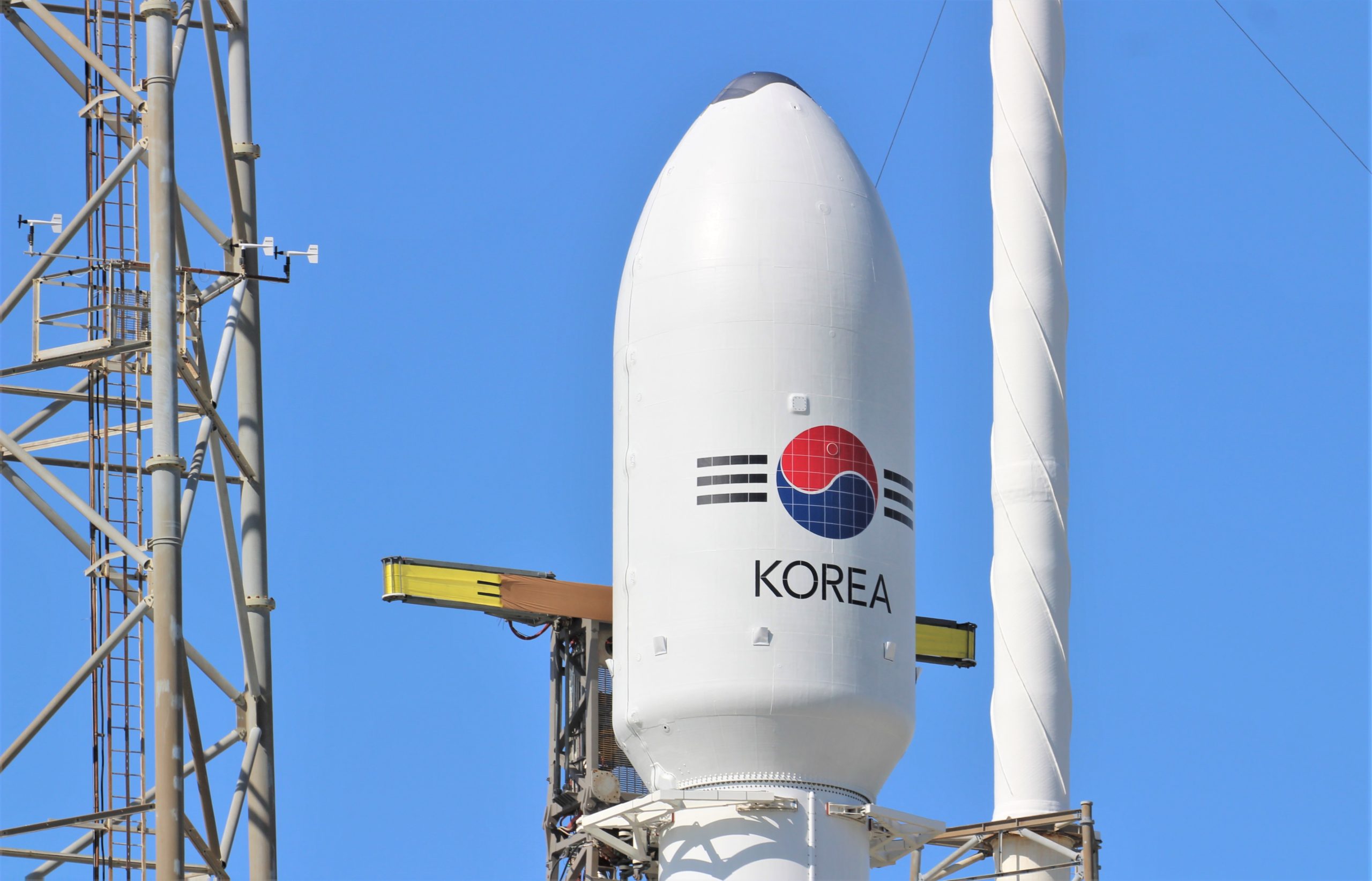
For SpaceUpClose.com & RocketSTEM
CAPE CANAVERAL SPACE FORCE STATION, FL – After multiple launch delays involving two different rockets from two different pad due to weather and technical issues SpaceX is set to resume launches of their workhorse Falcon 9 booster later today from the Florida Space Coast with a secure communications satellite mission for the South Korean military forces.
SpaceX is targeting Monday, July 20 for Falcon 9’s launch of the ANASIS-II mission with lift off from Space Launch Complex 40 (SLC-40) at Cape Canaveral Air Force Station in Florida.
The primary launch window opens at 5:00 p.m. EDT, or 21:00 GMT and extends nearly four hours until it closes at 8:55 p.m. EDT, or 00:55 GMT on July 21.
The weather outlook is decent with a 70% chance of GO conditions according to forecasters with the 45th Space Wing Weather Squadron.
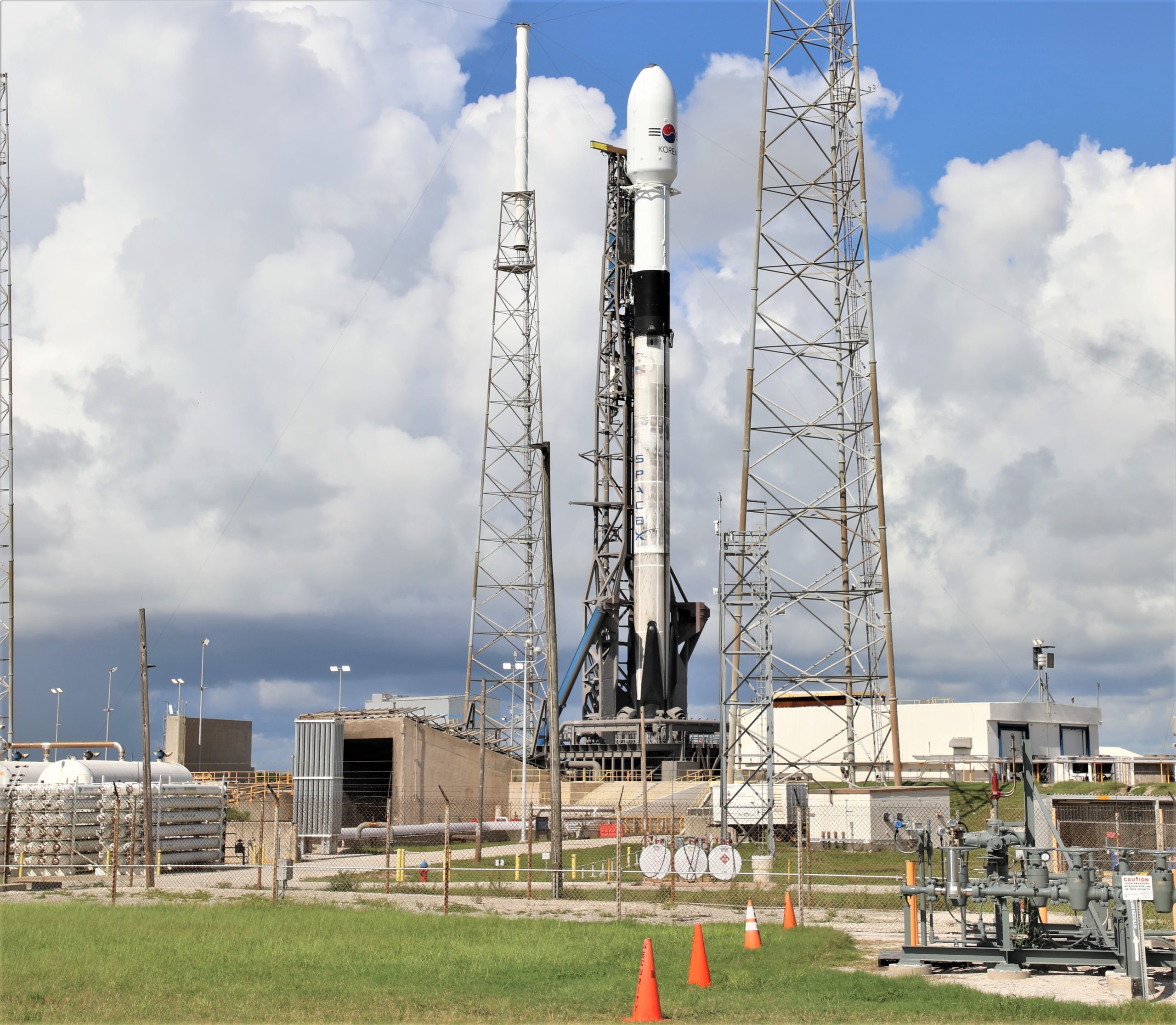
This Falcon 9 first stage booster has flown once previously when it successfully launched the Demo-2 crew of two NASA astronauts Bob Behnken and Doug Hurley on board to the ISS on May 30 from Florida.
“The booster supporting this mission previously launched @NASA astronauts @AstroBehnken and @Astro_Doug to the @Space_Station”
The Falcon 9 rocket was raised vertical overnight or early this morning.

Enjoy our Space UpClose photos of the Falcon 9 vertical on pad 40 taken this morning during remote camera setup.

Following stage separation, SpaceX will land Falcon 9’s first stage on the “Just Read the Instructions” droneship about eight and a half minutes after launch.
JRTI is stationed downrange in the Atlantic Ocean off the Carolina’s coast.
The ANASIS-II spacecraft will deploy about 32 minutes after liftoff.
“Per the customer’s request, live coverage will end shortly after first stage landing,’ says SpaceX .
You can watch the SpaceX live launch webcast here, starting about 15 minutes before liftoff.
ANASIS-II is a secure communications satellite built by prime contractor Airbus in Toulouse, France for the South Korean military.
“Built for South Korea, ANASIS-II will provide secured communications over wide coverage,” said Airbus.
Based on the highly reliable Eurostar platform, ANASIS-II will be the 52th Eurostar E3000 satellite launched and will operate in geostationary orbit.
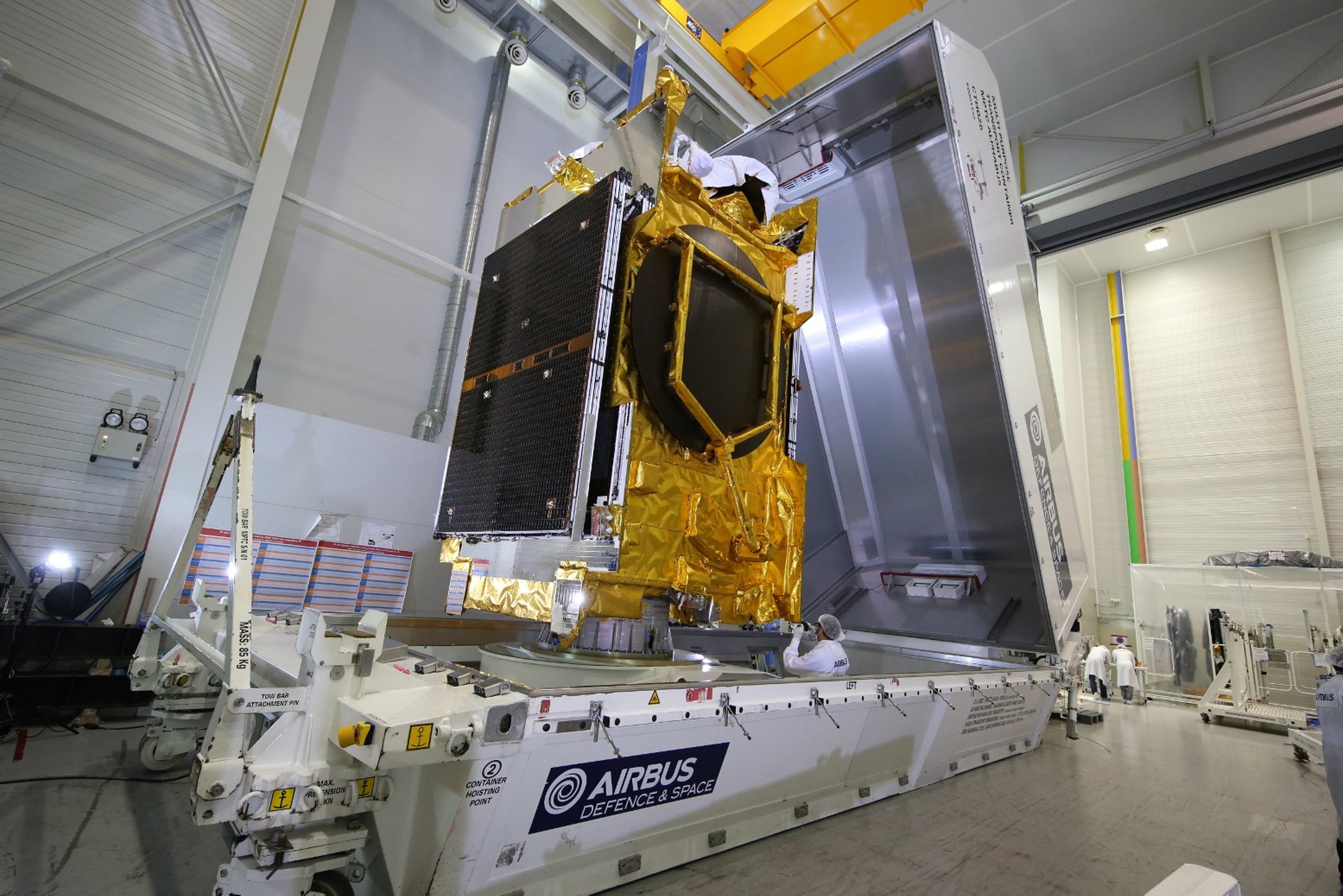
On Monday afternoon July 13 roughly 1 day before the planned liftoff SpaceX preemptively announced that the Anasis-II mission would be delayed for an indefinite period to check out the second stage of the once flown Falcon 9.
“Standing down from tomorrow’s launch of ANASIS-II to take a closer look at the second stage, swap hardware if needed. Will announce new target launch date once confirmed on the Range,” SpaceX tweeted.
Standing down from tomorrow’s launch of ANASIS-II to take a closer look at the second stage, swap hardware if needed. Will announce new target launch date once confirmed on the Range
— SpaceX (@SpaceX) July 13, 2020
The Anasis-2 postponement last week from July 14 came just two days after SpaceX conducted a successful static fire test of the first stage engines at 6 p.m. on Saturday.
“Static fire test complete – targeting July 14 for Falcon 9 launch of ANASIS-II from SLC-40 in Florida,” SpaceX tweeted.
The booster supporting this mission previously launched @NASA astronauts @AstroBehnken and @Astro_Doug to the @Space_Station pic.twitter.com/ora2YkeP2K
— SpaceX (@SpaceX) July 11, 2020
Static fire test complete – targeting July 14 for Falcon 9 launch of ANASIS-II from SLC-40 in Florida
— SpaceX (@SpaceX) July 11, 2020
SpaceX engineers were dispatched to investigate the second stage and maybe investigating for any commonalities in problems with the second stage or elsewhere on the Falcon 9.
SpaceX CEO Elon Musk tweeted that the firm was being “extra paranoid.”
“We’re being extra paranoid,” tweeted Elon Musk, SpaceX’s founder and CEO. “Maximizing probability of successful launch is paramount.”
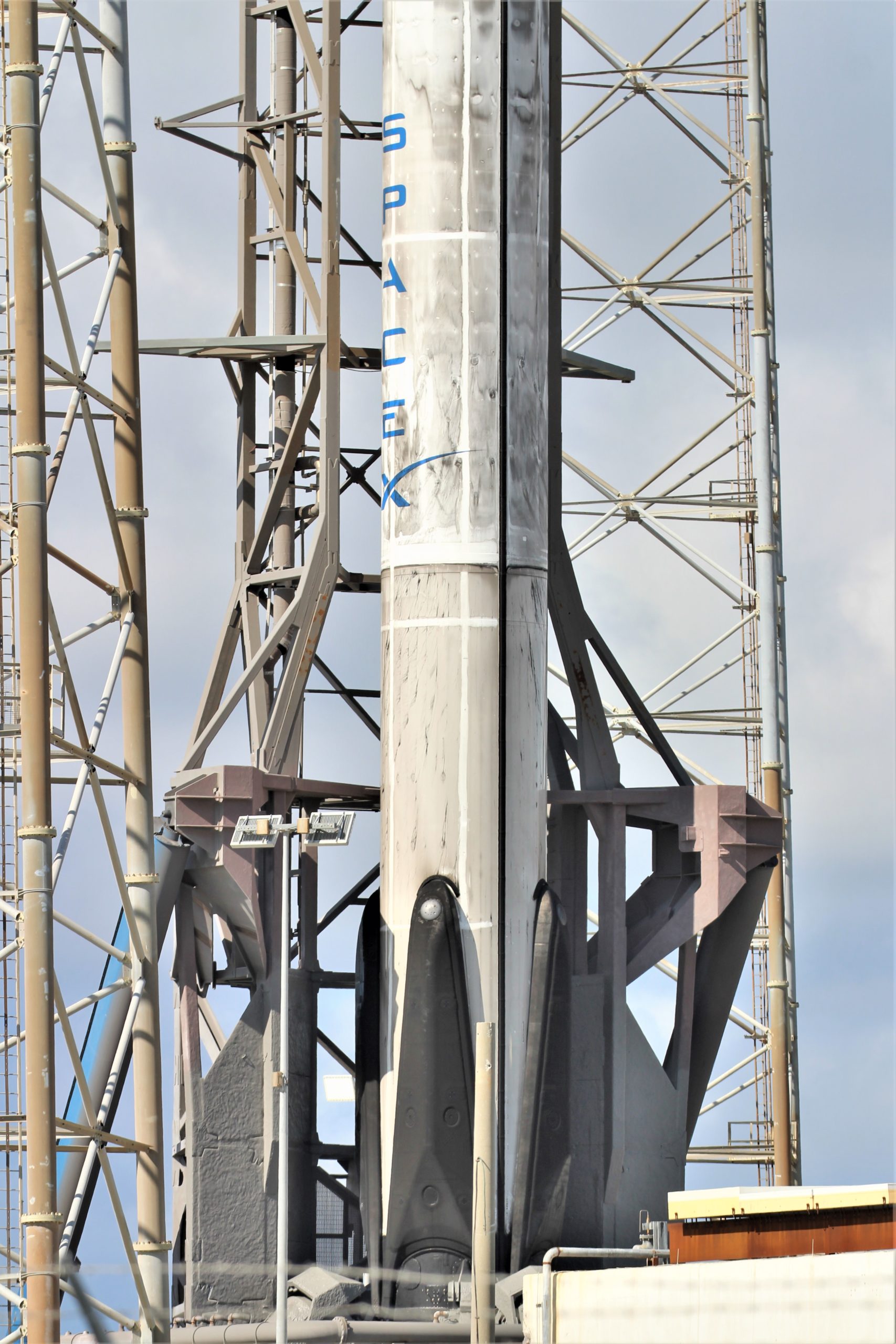
In the meantime the Anasis-II Falcon 9 was lowered horizontal at pad 40 by pad technicians.
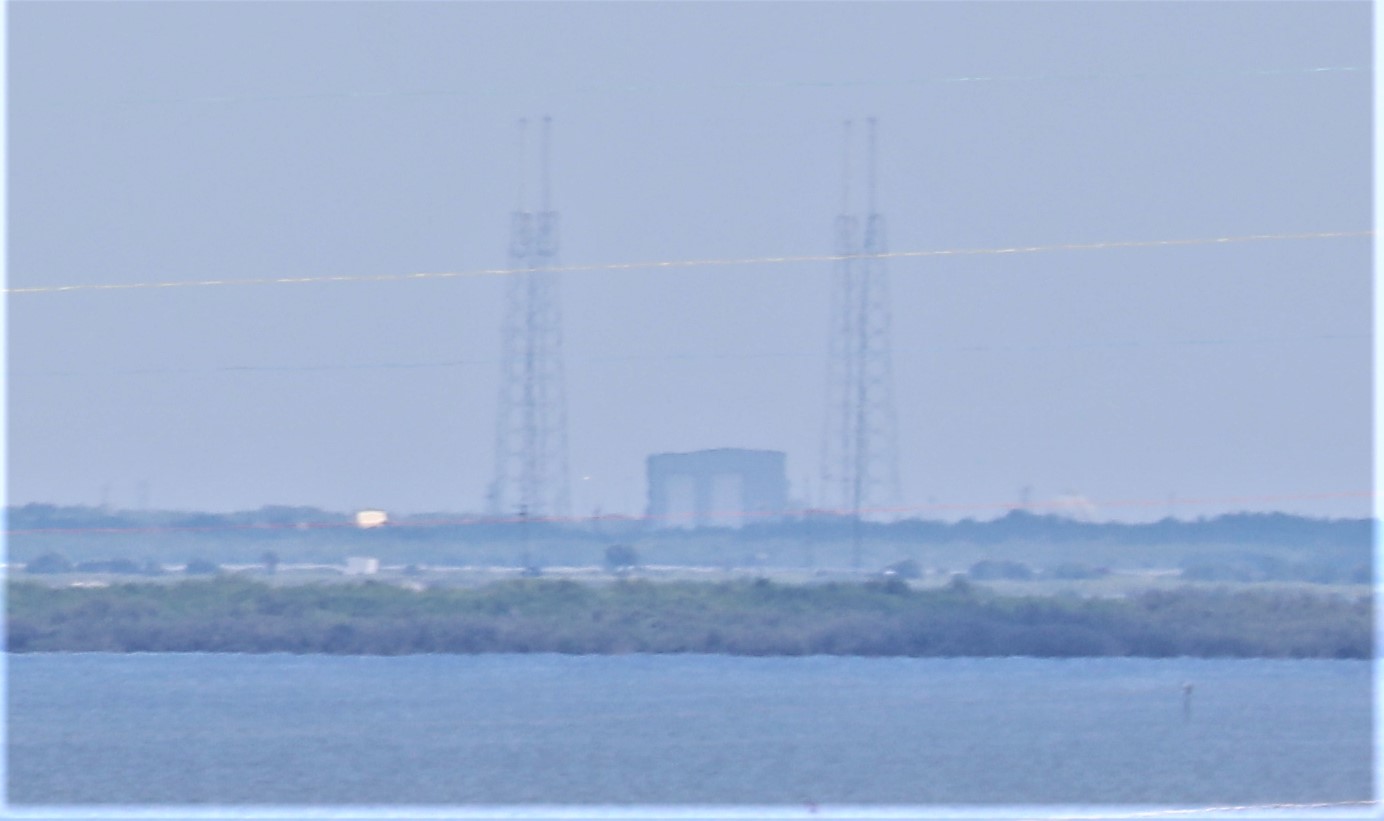
The tight spacing of launches comes as SpaceX seeks to significantly step up the firms launch cadence.
SpaceX has been successful at speeding up launch cadence to some degree.
But they are at the mercy of the hard to predict Florida weather and the potential for technical problems interfering at any moment.
I was personally not surprised by the postponement of Anasis-2 since both of the fairing catcher ships GO MsTree and GO MsChief remained berthed in Port Canaveral and were not deployed to catch the nose cone halves as expected.
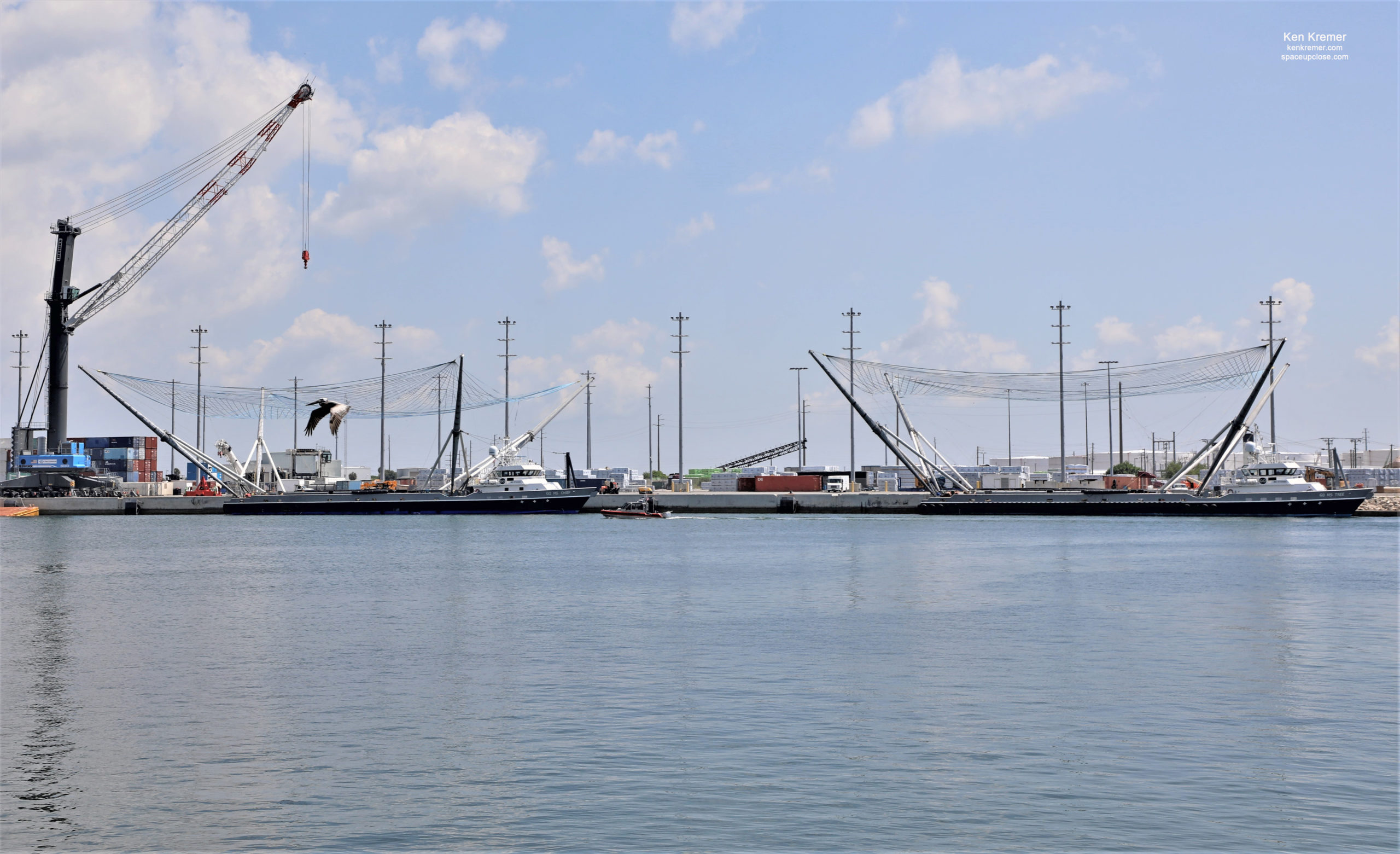
Both fairing catchers have been redeployed at sea for this mission.
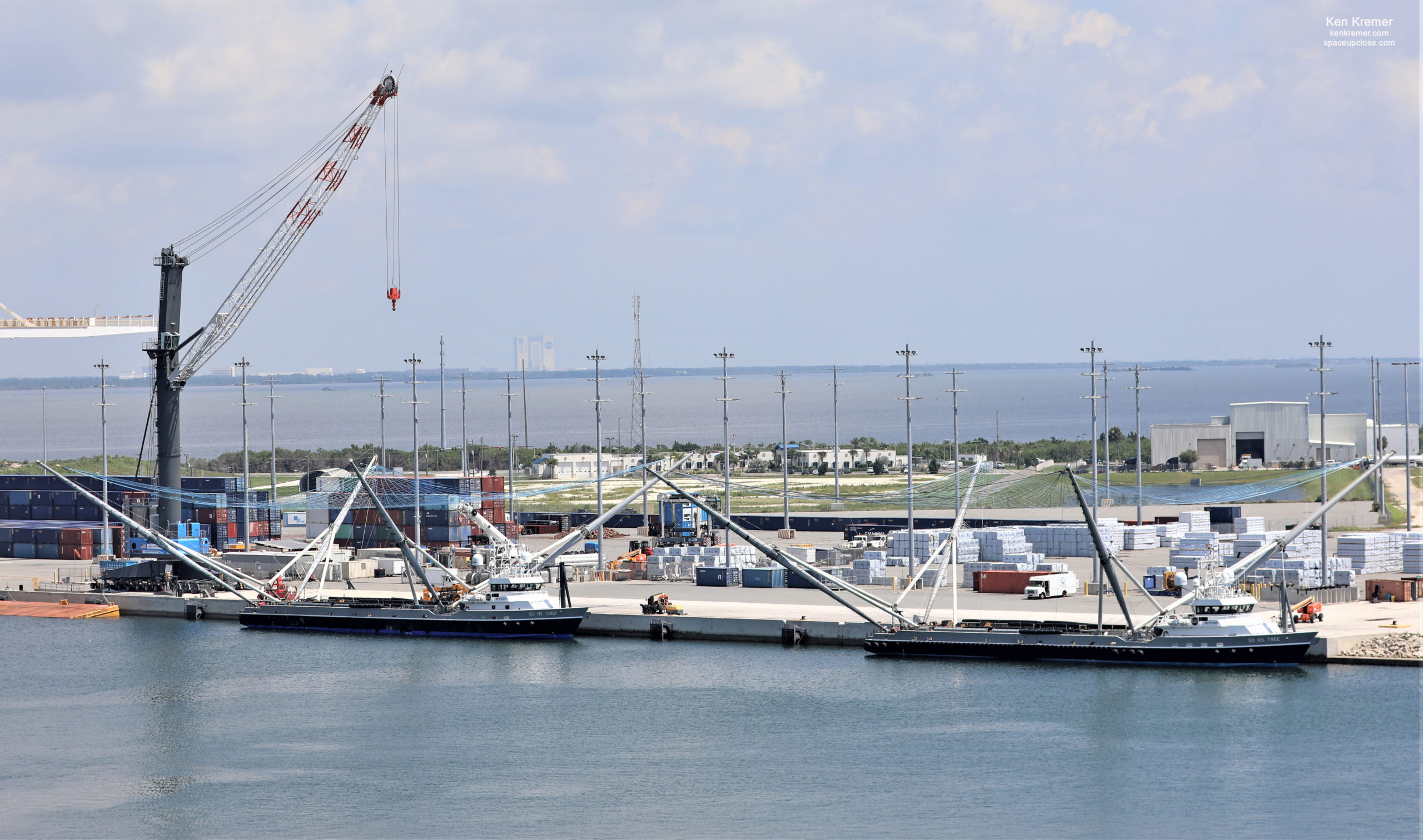
My commentary about the Anasis-II mission was featured on WESH 2 NBC TV New Orlando on July 20 and 21 along with my prelaunch photos as well as WFTV ABC TV News Orlando on July 20 and 21
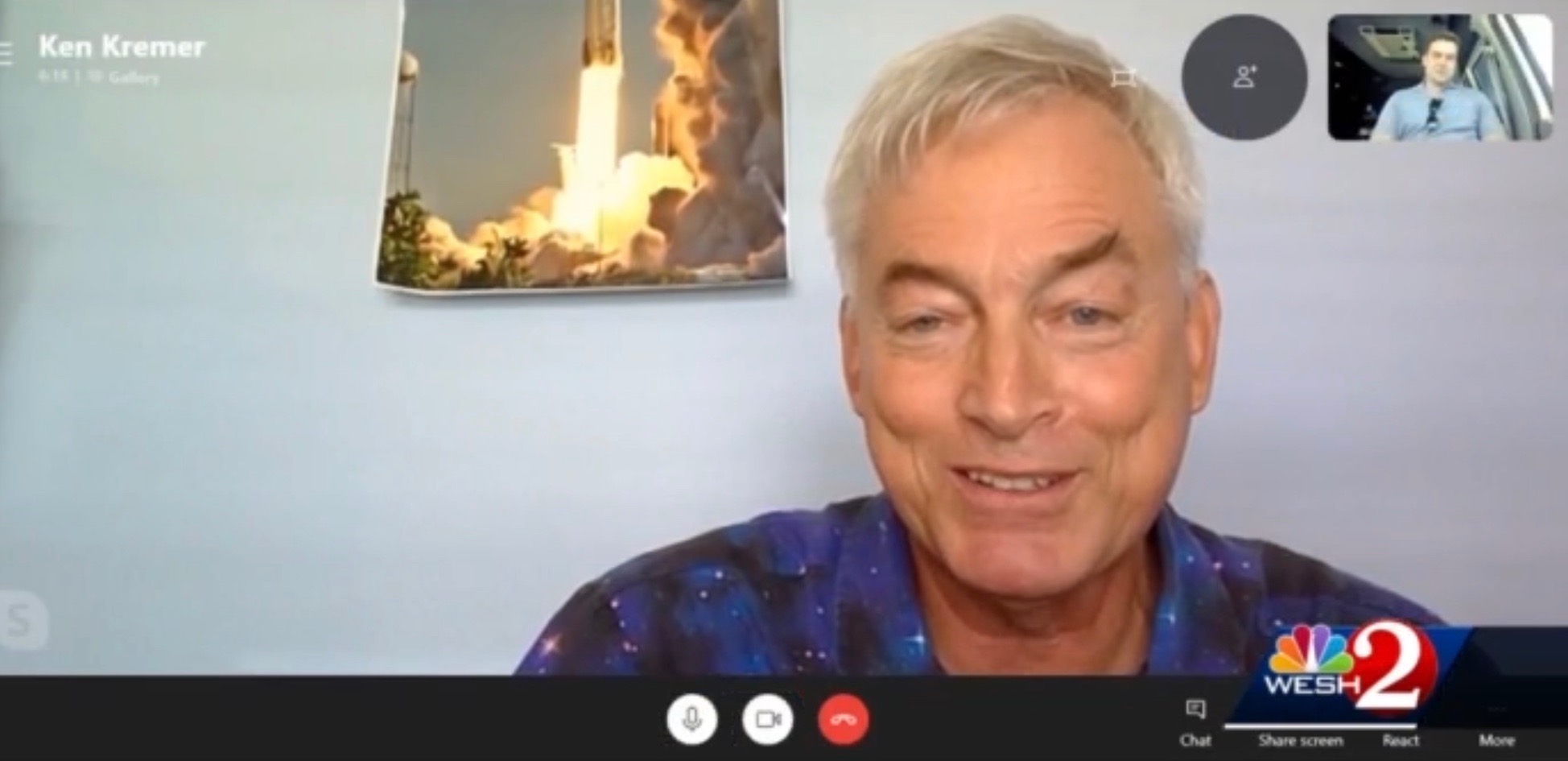
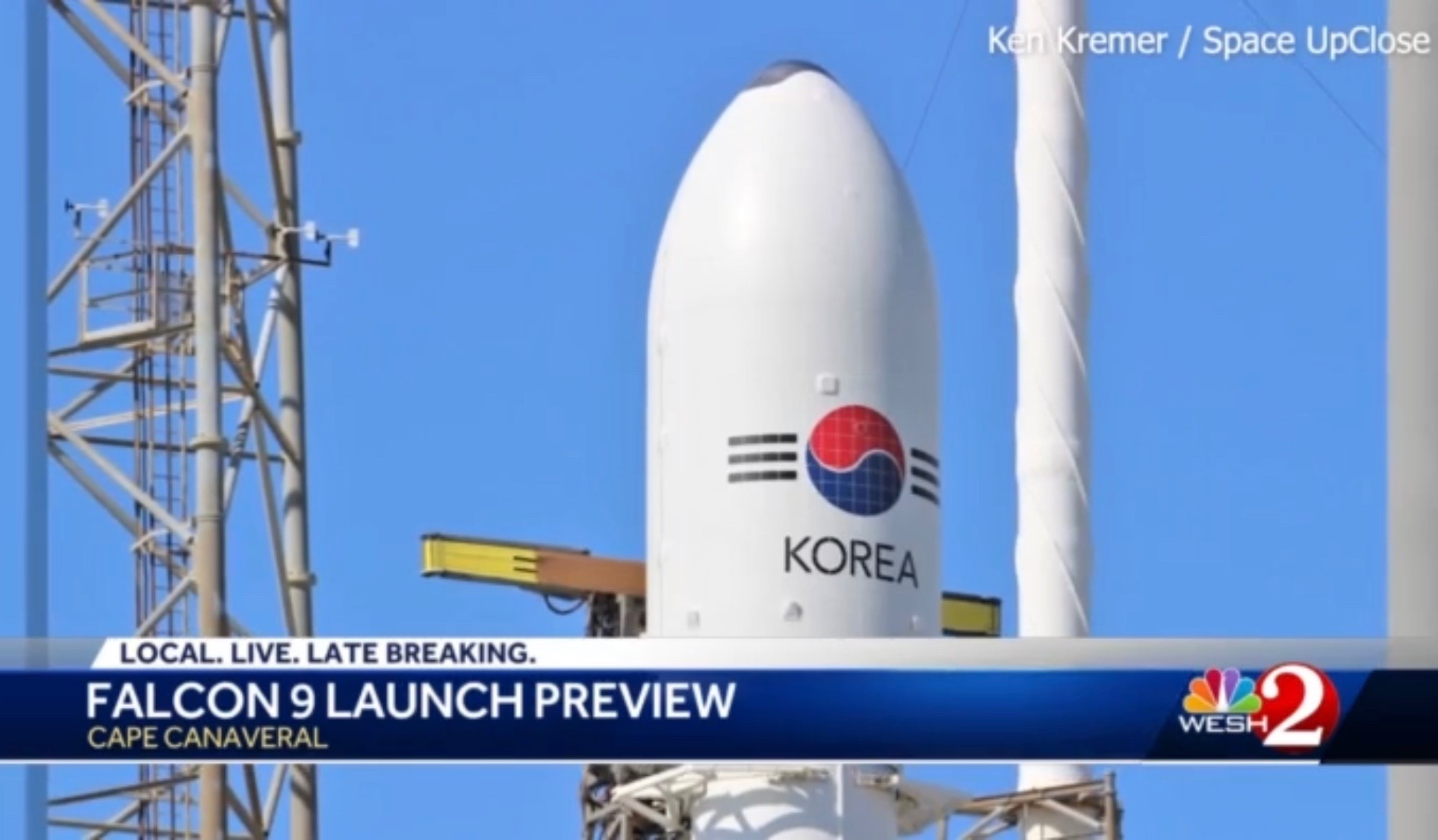
Watch Ken’s continuing reports about Commercial Crew and Artemis and more onsite for live reporting of upcoming and recent SpaceX and ULA launches including Demo-2, Starlink, X-37B, Solar Orbiter, Mars 2020 and more at the Kennedy Space Center and Cape Canaveral Space Force Station.
Stay tuned here for Ken’s continuing Earth and Planetary science and human spaceflight news: www.kenkremer.com –www.spaceupclose.com – twitter @ken_kremer – email: ken at kenkremer.com
Dr. Kremer is a research scientist and journalist based in the KSC area, active in outreach and interviewed regularly on TV and radio about space topics.
………….
Ken’s photos are for sale and he is available for lectures and outreach events
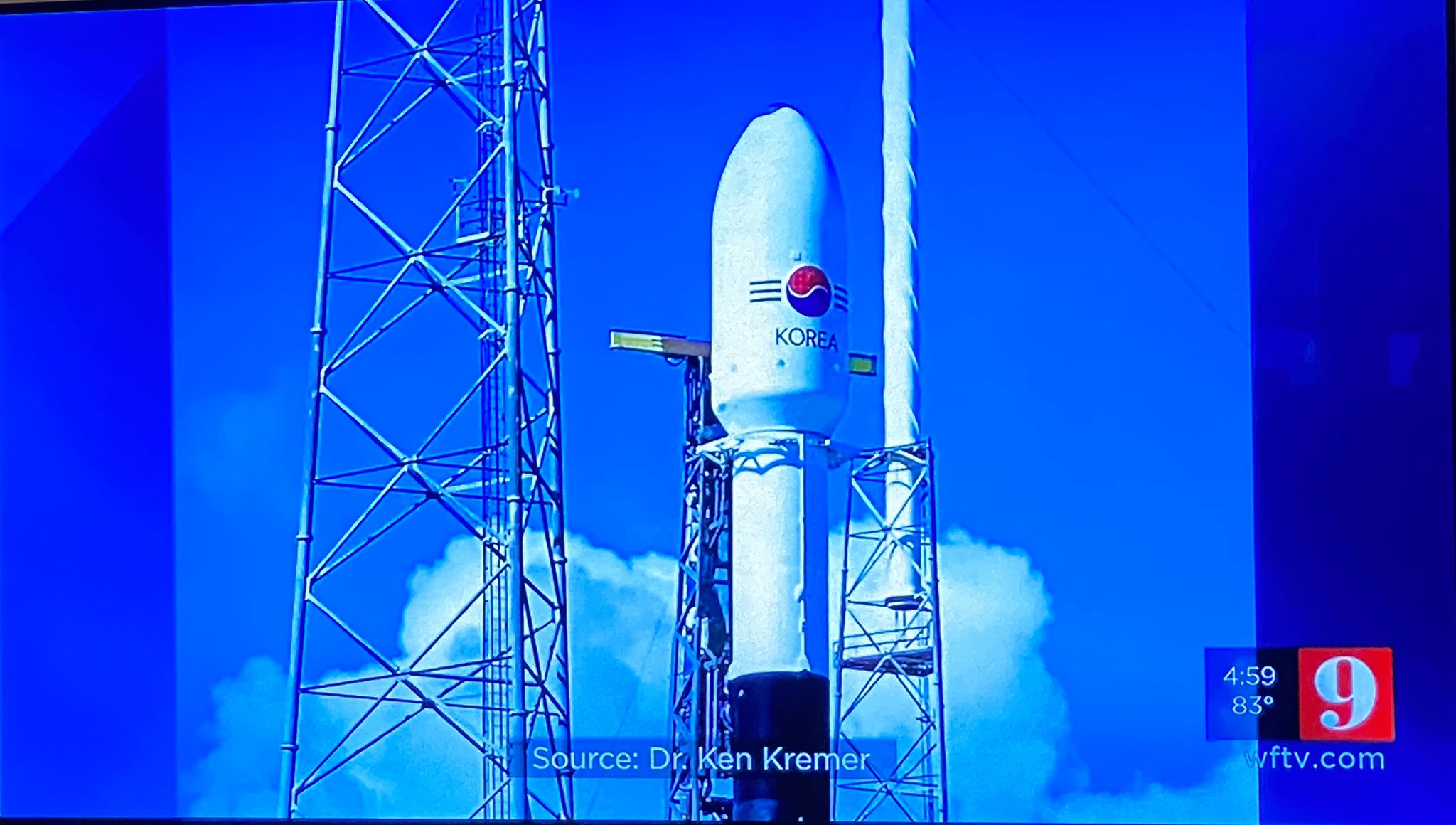
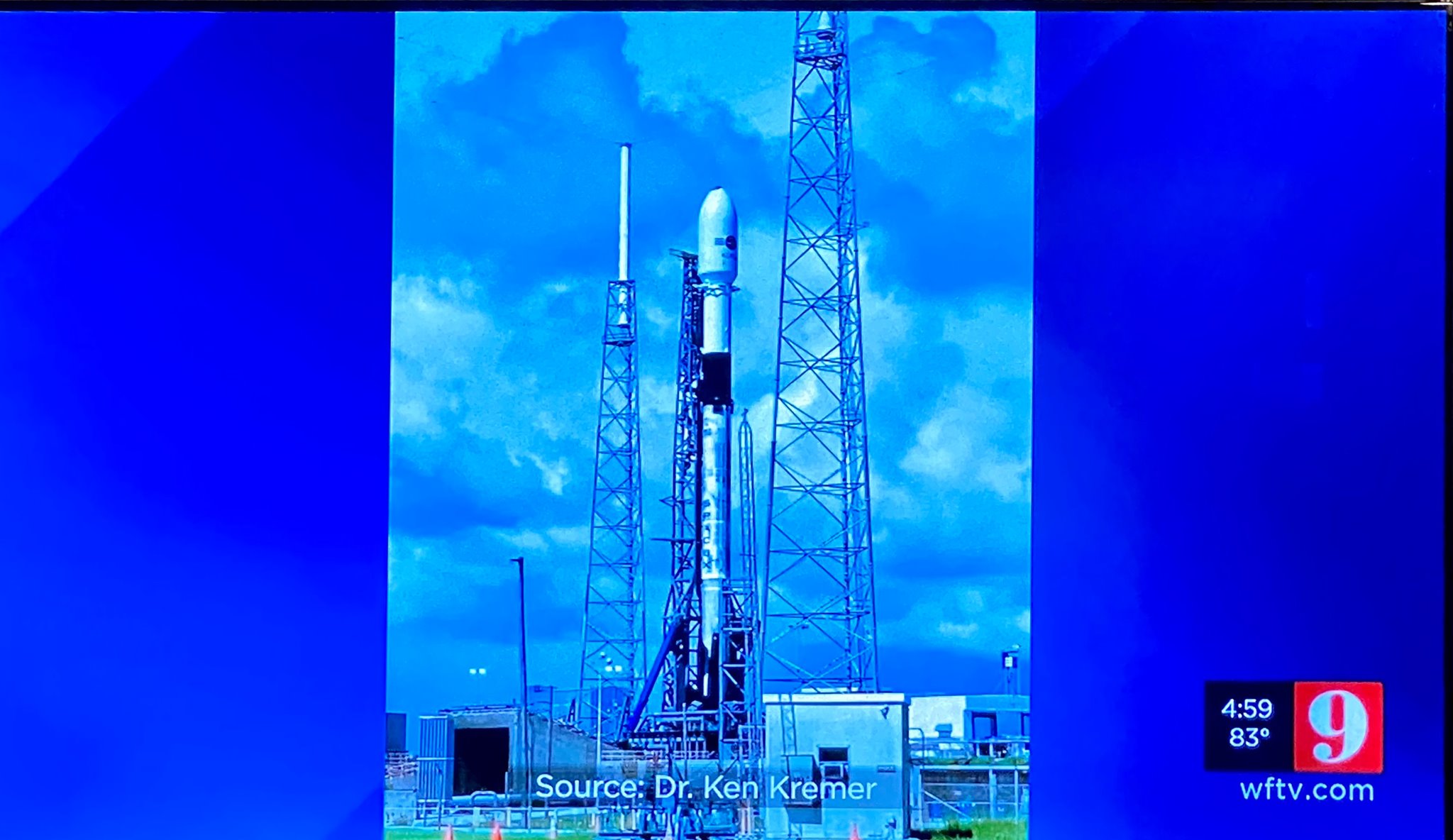
x



